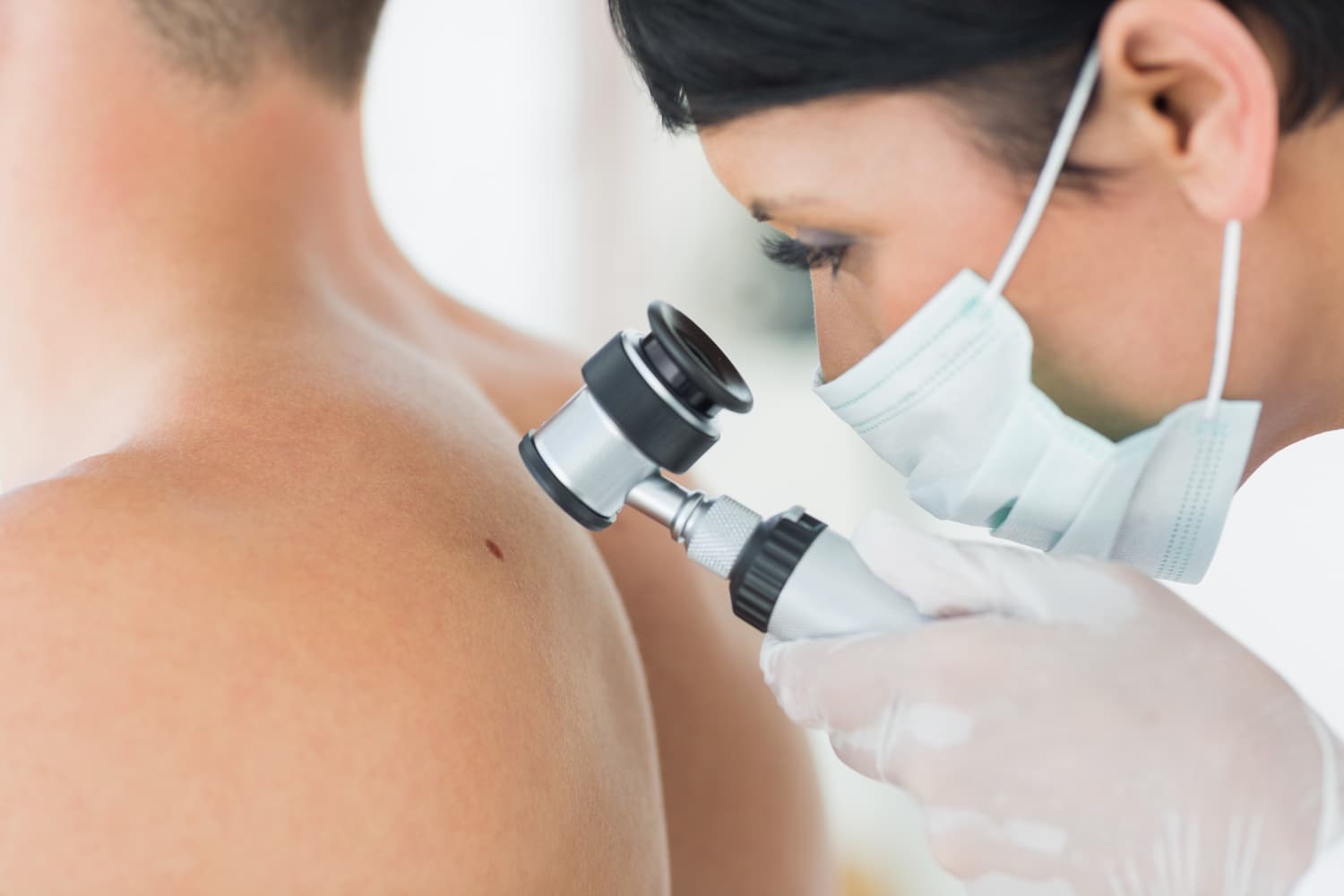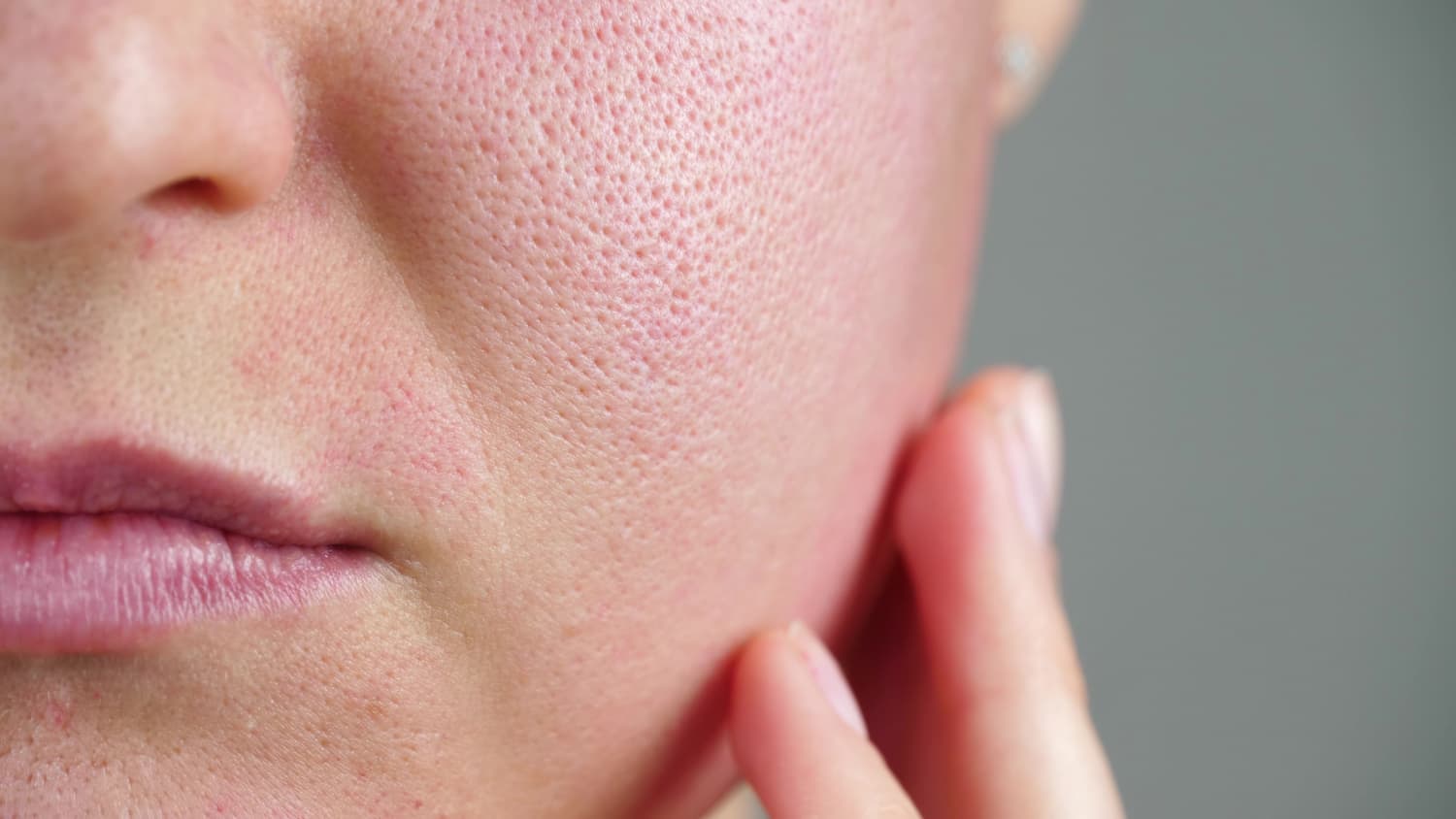One in five Americans will be diagnosed with skin cancer by age 70, making it the most prevalent form of cancer in the United States (Skin Cancer Foundation). However, as concerning as those statistics may be, skin cancer is also one of the most preventable cancers – and by taking some simple steps, you can significantly reduce your risk.
Ultimately, the most effective way to combat skin cancer is through prevention.
Skin cancer is primarily caused by ultraviolet (UV) radiation from the sun, as well as UV radiation from tanning beds/booths and sunlamps.
And while you can make a personal decision to avoid using tanning beds and booths, exposure to the sun is simply a part of our everyday lives. In fact, a certain amount of safe sun exposure is actually essential for the production of Vitamin D (John Hopkins Medicine). So, how do you prevent skin cancer while still enjoying a healthy amount of time outdoors?
The key is to avoid sun damage, which means taking a comprehensive approach to proper sun protection.
Effective Tips for Preventing Skin Cancer: Protect Yourself Today for a Better Tomorrow
Every day, there are steps you can take to reduce your risk of developing skin cancer – and all of these seemingly small steps can add up to make a big difference.
Here’s what you need to know about how to prevent skin cancer and protect yourself from the damaging effects of the sun.
1. Seek the shade.
Minimize direct sun exposure whenever possible, especially between 10:00 AM and 4:00 PM. During these hours, UV radiation is at its most intense. Plan outdoor activities for early morning or evening whenever possible, and try to stay in shaded areas (such as under a sun umbrella or shade structure) if you are outside during peak hours.
2. Avoid sunburns.
Did you know that experiencing five or more sunburns in your lifetime doubles your risk of developing a potentially deadly melanoma (Skin Cancer Foundation)? You may not be able to go back in time to erase the sunburns you developed as a child or teen, but you can definitely start preventing them now. Even minor sunburns are something to take very seriously.
3. Use broad-spectrum sunscreen every day.
Sunscreen isn’t just for days by the pool; you should be applying sunscreen with an SPF of 30 or higher every single day. If you’re planning to be outdoors for an extended period of time, choose a stronger water-resistant sunscreen up to 50 SPF. Also, make sure you’re using enough sunscreen: you’ll need at least 2 tablespoons (1 ounce) applied 30 minutes before you head outdoors; then, reapply every 2 hours or after you’ve been sweating or swimming.
4. Use clothing to cover up.
Wide-brimmed hats, sunglasses, and clothes made from UV-blocking material are a smart addition to your wardrobe, especially here in the Valley of the Sun. It might seem counterintuitive to wear long sleeves and/or pants during our warm summer days, but the more protection you can offer your skin, the better.
Sun Safety and Skin Protection Can Also Help You Avoid Premature Aging
Managing skin cancer risk factors is the number-one reason to protect your skin from the sun; however, the same preventative measures can also keep the signs of premature aging at bay.
In addition to increasing skin cancer risks, sun damage can also contribute to many of the visible signs of aging, including wrinkles and fine lines, dark spots, and others. So, when you limit your sun exposure and properly protect yourself from UV damage, you’re not just prioritizing your health – you’re also helping to preserve your skin’s youthful appearance.
Take Action Now to Reduce Your Skin Cancer Risks
There’s no question that prevention is the best line of defense against skin cancer. Equally important is early detection, which truly does save lives. In fact, when detected early, skin cancer can often be treated and cured very effectively.
At Affiliated Dermatology, we recommend regular skin cancer screenings to ensure the rapid detection and treatment of any potentially concerning changes in your skin. At home, you should be checking your skin on a monthly basis, but you should also be scheduling an annual skin cancer screening with a professional. All it takes is a quick call to one of our Valley dermatology offices, and you can schedule yours today – it’s an easy preventative step that makes a world of difference. For more information about preventing skin cancer, as well as details about early skin cancer detection, contact Affiliated Dermatology to make your appointment today.
Image Source: Ramaboin / Getty Images






